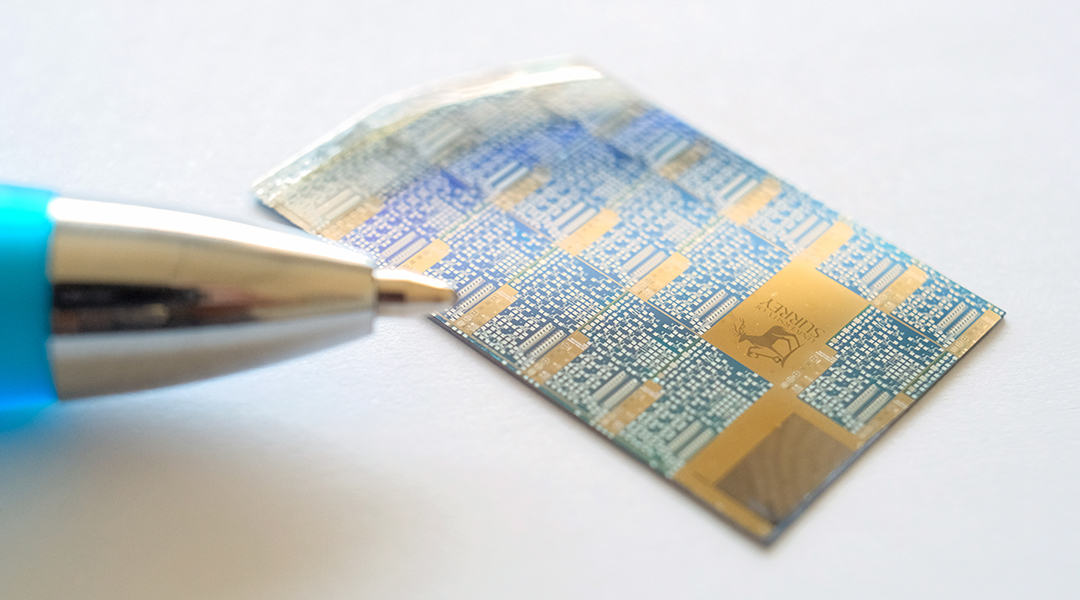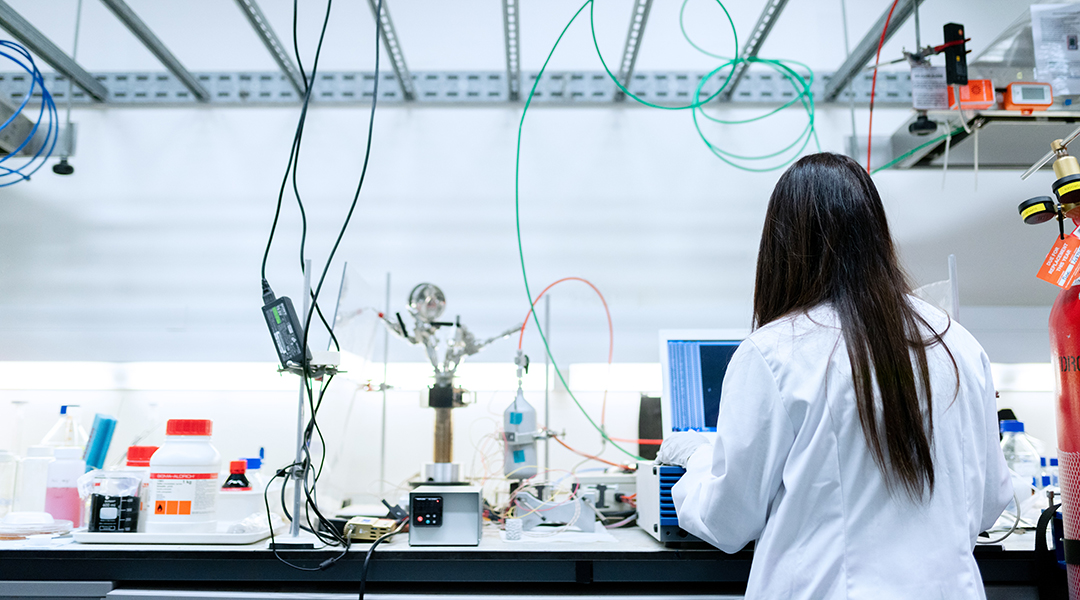Multimodal thin-film transistors, or MMTs, could be pivotal in designing the next-generation of wearables and eco-disposable sensors.


Multimodal thin-film transistors, or MMTs, could be pivotal in designing the next-generation of wearables and eco-disposable sensors.

Hybridizing biofabrication processes will lead us to superior “living” tissue and organ substitutes that can be used to treat patients in lieu of donor grafts and metal and plastic devices.

A new computing paradigm could help us to overcome a key performance bottleneck to improve our ability to query large data bases.

Solid-state physicists and materials chemists are now in excellent “shape” to expand and accelerate their explorations of the science of topological materials for a wide range of possible applications.

A reality-rooted perspective on “explainable AI” and what this means for the future of the field.

Computer simulations provide a better means of optimizing, predicting, and understanding experimental observations in the search for new battery materials.

Bursting dynamics that mimic the functions of the human brain pave the way for more efficient AI systems.

High-throughput computational materials screening is turning out to be an efficient highway to optoelectronic semiconductor design.

There is a tremendous sense of joy and elation when a chemist discovers a new molecule, but if we dehumanize the art of science what is left?

The future will witness a gradual shift in which computational models will play a progressively larger role in identifying new materials for specific purposes.